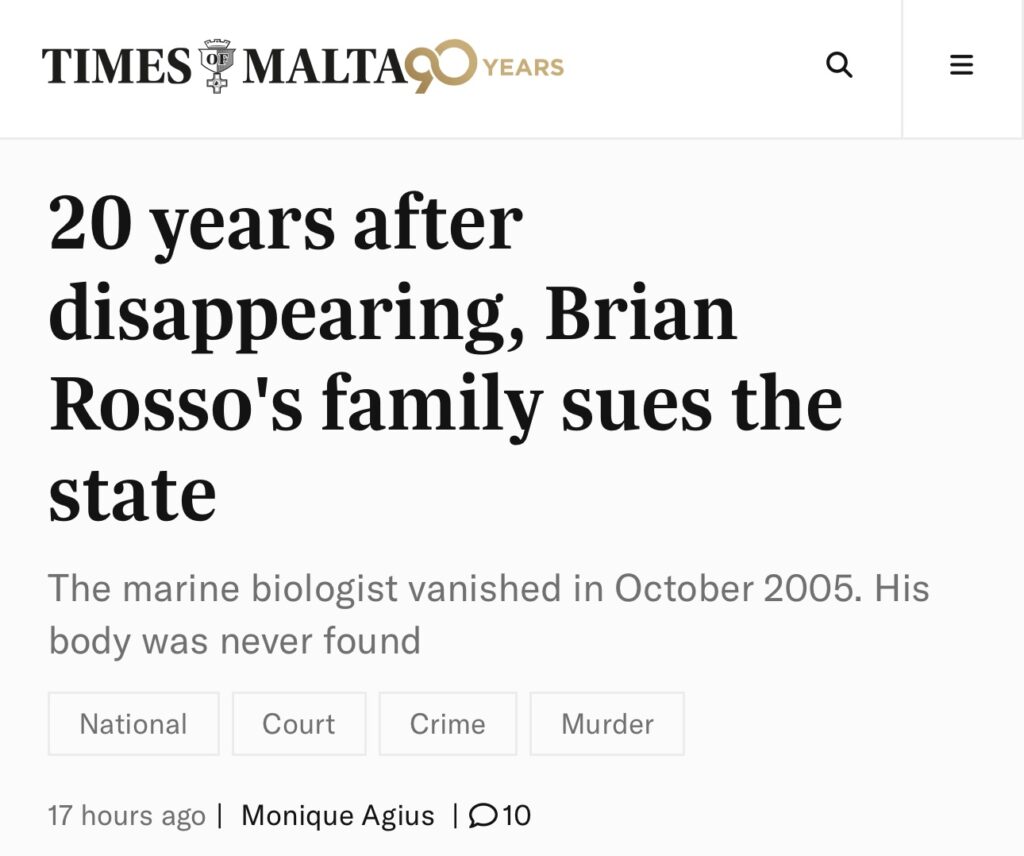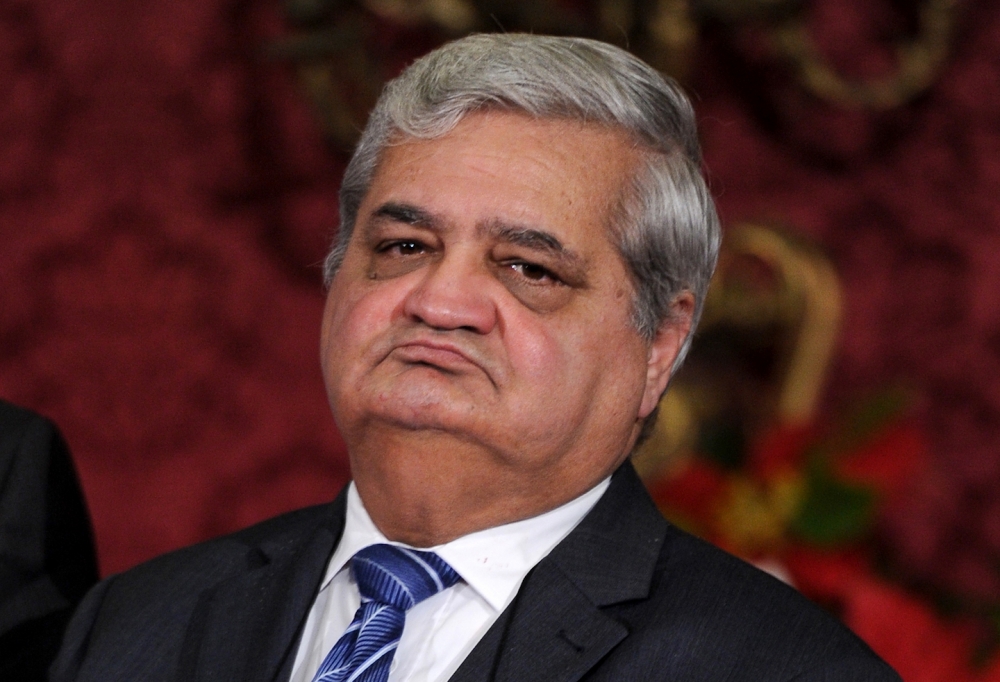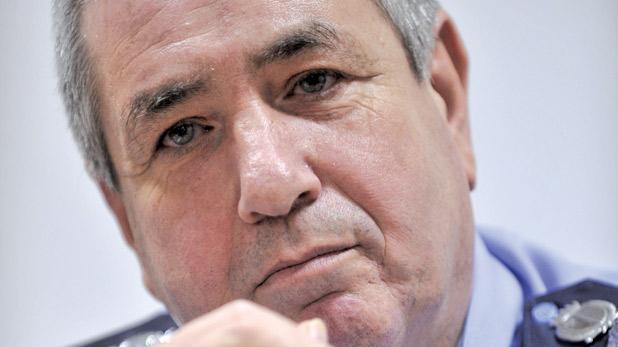In an explosive twist that exposes the gaping failures of Malta’s justice system, the family of marine biologist Albert Brian Rosso has placed Tonio Borg, former Minister during the time of Rosso’s mysterious disappearance, squarely in the spotlight.
This outrageous miscarriage of justice occurred while Silvio Camilleri served as Attorney General and John Rizzo held the position of Police Commissioner. Their tenure is now marked by significant failures in the legal system that led to such an egregious outcome.

Eighteen years have passed since Rosso vanished without a trace, and the recent acquittal of two men originally charged with his murder has ignited outrage and suspicion, with accusations flying that systemic incompetence and negligence allowed justice to slip through the fingers of those tasked with upholding it.

Marine biologist Albert Brian Rosso
The widow and daughter of Rosso have unleashed a scathing judicial protest, targeting not just the State Advocate, the Attorney General, and the Police Commissioner, but also casting a long, accusatory shadow over Borg’s tenure. Their protests allege that the sluggish pace of the courts, compounded by grievous investigative blunders, has led to a verdict that they believe desecrates the very essence of justice.

Despite Bugeja and Di Bartolo allegedly confessing to the heinous act and even pinpointing the watery grave of Rosso’s body, the court’s decision shockingly exonerated them after nearly two decades—a decision weighed down by delays and described as a miscarriage of justice. If accurate, this signifies a scandal of epic proportions, with the specter of Borg’s policies contributing to this travesty of justice.

Silvio Camilleri
Operating during what many now dub as the “Dark Ages of the Rule of Law,” Borg’s tenure saw arrested persons deprived of legal counsel during interrogations, a detail that nowadays draws heavy criticism. Such policies have long-lasting implications, often resulting in evidence being deemed inadmissible and leading to the exoneration of suspects in severe cases. In Rosso’s case, these factors may have fundamentally undermined the entire judicial process.

John Rizzo
The scandal intensifies with the revelation that Borg, having left behind a trail of chaos and legal antiquation, now occupies a position lecturing prospective students in the very subjects his critics claim he neglected. With such a controversial legacy, his role as an academic appears almost farcical—a testament not to expertise but rather to a grave lack of accountability in Maltese legal history.

This isn’t just a call for justice for Albert Brian Rosso; it’s a trumpet blast demanding that those like Tonio Borg are held to account, ensuring that no family has to repeat the unbearable agony of a trial without closure due to a system mired in negligence. The family’s legal action now serves not merely as a quest for personal justice but as a wider indictment of an era and a governorship entrapped by ineptitude.





